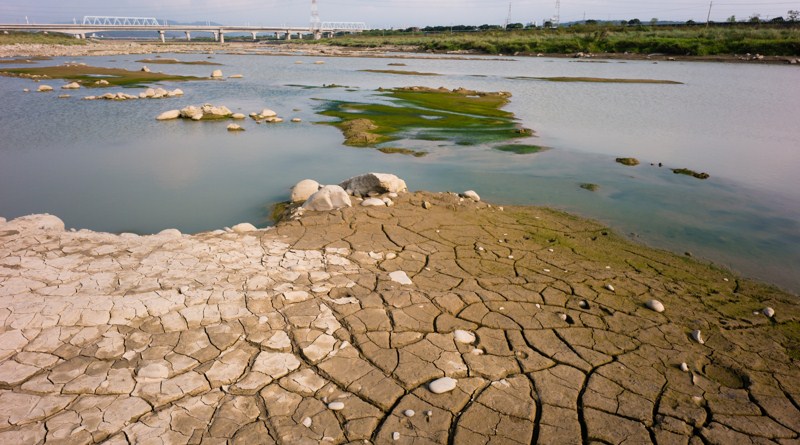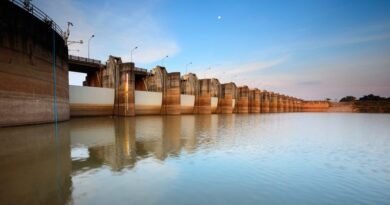India’s groundwater depletion could triple in coming decades, threaten food security

India’s rate of groundwater loss could triple by 2080, threatening the country’s food and water security. Reduced water availability due to groundwater depletion and climate change could threaten the livelihoods of more than one-third of the country’s 1.4 billion residents, a new study led by the University of Michigan has stated.
There could be serious global implications too as India has recently overtaken China to become the world’s most populous nation and is the second-largest global producer of common cereal grains including rice and wheat.
The study found that farmers in India have adapted to warming temperatures by intensifying the withdrawal of groundwater used for irrigation. If the trend continues, the rate of groundwater loss could triple by 2080, it warned.
The research study analyzed historical data on groundwater levels, climate and crop water stress to look for recent changes in withdrawal rates due to warming. The researchers also used temperature and precipitation projections from 10 climate models to estimate future rates of groundwater loss across India.
Previous studies have focused on the individual effects of climate change and groundwater depletion on crop production in India. Those studies did not account for farmer decision-making, including how farmers may adapt to changing climate through changes in irrigation decisions.
The new study takes into account the fact that warmer temperatures may increase water demand from stressed crops, which in turn may lead to increased irrigation by farmers.
“Using our model estimates, we project that under a business-as-usual scenario, warming temperatures may triple groundwater depletion rates in the future and expand groundwater depletion hotspots to include south and central India,” said lead author Nishan Bhattarai of the Department of Geography and Environmental Sustainability at the University of Oklahoma.
Some of the previous studies found that climate change could decrease the yield of staple Indian crops by up to 20 per cent by mid-century. At the same time, the country’s groundwater is being depleted at an alarming rate, primarily because of water withdrawal for irrigation.
For the new study, the researchers developed a dataset that contains groundwater depths from thousands of wells across India, high-resolution satellite observations that measured crop water stress, and temperature and precipitation records.
Most climate models call for increased temperature, increased monsoon (June through September) precipitation and decreased winter precipitation in India over the coming decades. The research team found that warming temperatures coupled with declining winter precipitation more than offset added groundwater recharge from increased monsoon precipitation, resulting in accelerated groundwater declines.
Across various climate-change scenarios, their estimates of groundwater-level declines between 2041 and 2080 were more than three times current depletion rates, on average.
“We find that farmers are already increasing irrigation use in response to warming temperatures, an adaptation strategy that has not been accounted for in previous projections of groundwater depletion in India,” said study senior author Meha Jain, assistant professor at University of Michigan’s School for Environment and Sustainability.
“This is of concern, given that India is the world’s largest consumer of groundwater and is a critical resource for the regional and global food supply.”
In addition to Jain and Bhattarai, authors of the Science Advances study are David Lobell of Stanford University, Balwinder Singh of the International Maize and Wheat Improvement Center in India and the Department of Primary Industries and Regional Development in Western Australia, Ram Fishman of Tel Aviv University, William Kustas of the US Department of Agriculture and Yadu Pokhrel of Michigan State University.


